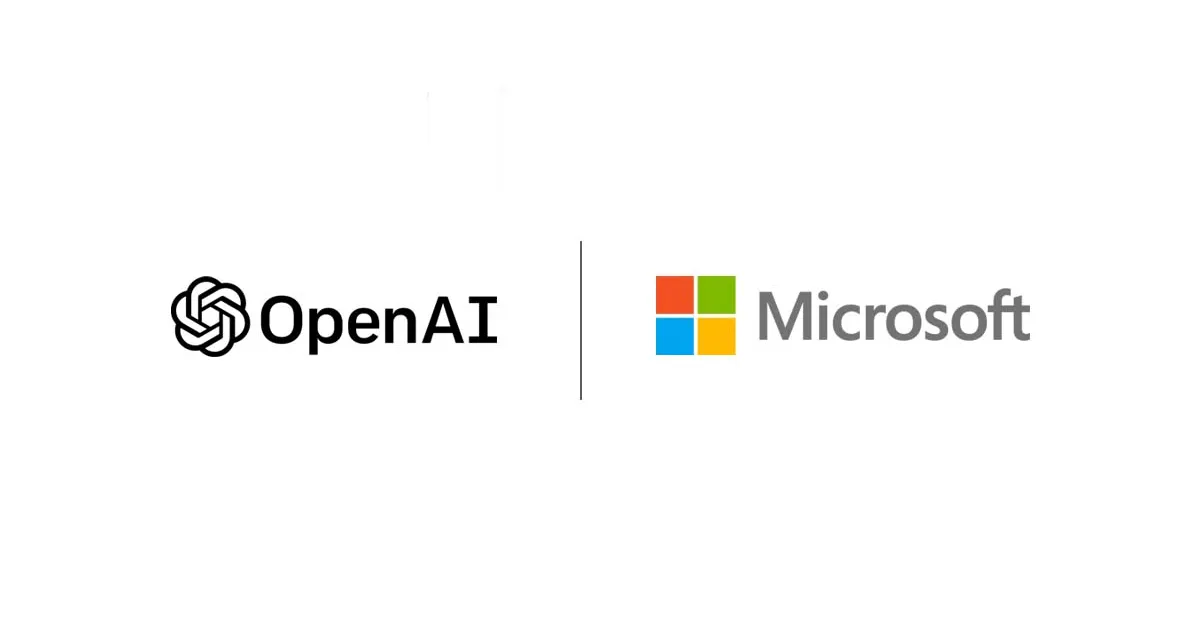Microsoft brings OpenAI’s new open model to Windows

In a major development for local AI computing, Microsoft has integrated OpenAI’s latest open-weight GPT model, gpt-oss-20b, into Windows AI Foundry, making it easier than ever for Windows users to run powerful AI locally. The move comes just one day after OpenAI released the new model, marking a significant shift in accessibility and deployment for advanced AI tools.
What Is GPT-OSS-20B?
The gpt-oss-20b model is a free and open 20-billion-parameter GPT model, designed for code execution, tool use, and autonomous assistant development. It is optimized for real-world workflows, particularly in environments with limited internet bandwidth, making it ideal for edge computing and embedded AI solutions.
System Requirements
To run the model locally, users will need a PC or laptop equipped with at least 16GB of VRAM, meaning high-end Nvidia RTX or advanced AMD Radeon GPUs are required. While this may limit adoption to power users and developers initially, it paves the way for enterprise-level integration of AI without relying on cloud infrastructure.
Windows AI Foundry Integration
Microsoft’s Windows AI Foundry provides tools and environments to accelerate AI development on Windows. The addition of gpt-oss-20b to this platform brings:
- Pre-optimized local inference: Smooth out-of-the-box performance on supported hardware.
- Workflow integration: Ideal for software development, automation, and local assistant applications.
- Offline capabilities: Operate in bandwidth-constrained or disconnected environments.
Support for macOS is reportedly on the way, signaling a broader cross-platform rollout.
Strategic Implications
This release is notable not just for its technical implications, but also for what it says about the evolving relationships in the AI ecosystem. While Microsoft has a deep investment and exclusive integration rights with OpenAI for services like Azure OpenAI and Copilot, this marks the first time an OpenAI model is running locally on Windows PCs.
At the same time, Amazon Web Services (AWS) has also adopted the GPT-OSS models for its own cloud services, potentially signaling a shift in how OpenAI’s technology is licensed and shared across cloud platforms. This widens access beyond Microsoft’s ecosystem and opens new avenues for competition in AI infrastructure.
What’s Next?
Microsoft hints that more device support is coming, possibly targeting its Copilot Plus PCs with hardware designed to handle AI workloads efficiently. As Microsoft continues to integrate small and large language models directly into Windows, we may soon see a range of local AI capabilities baked into consumer and enterprise products alike.
With OpenAI’s gpt-oss-20b now accessible for local use, and the major cloud players quick to adopt it, a new era of decentralized, open AI seems to be emerging — one where power users and developers can harness large language models on their own terms.





